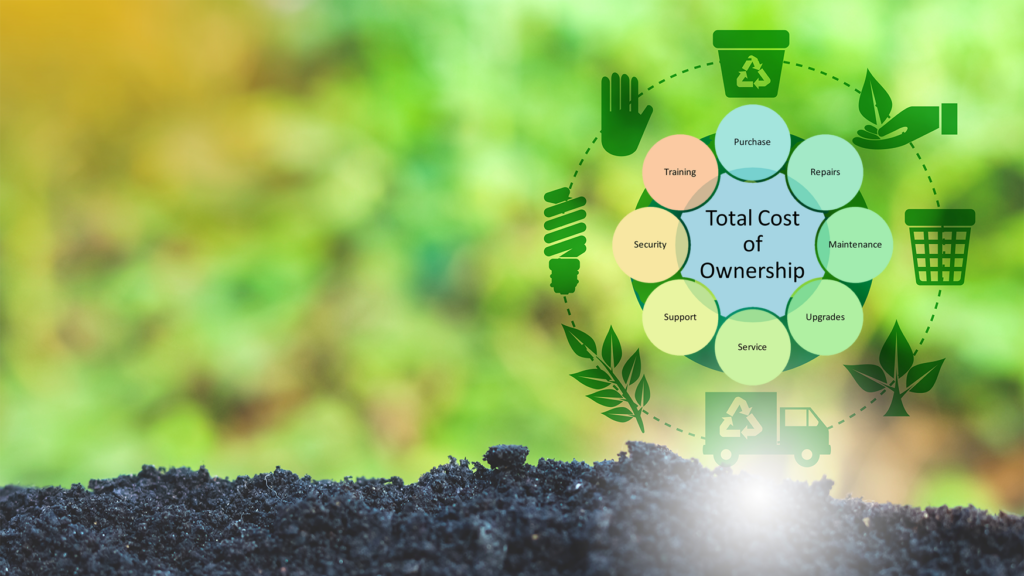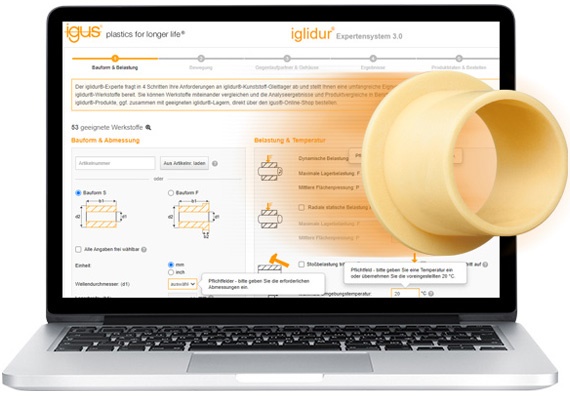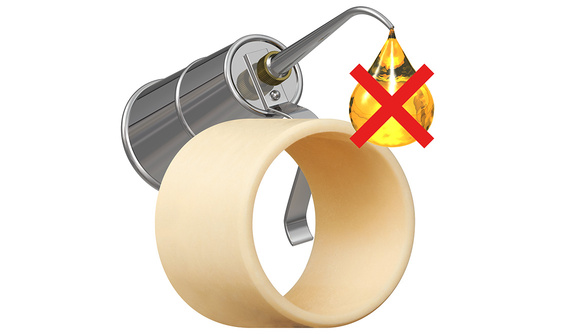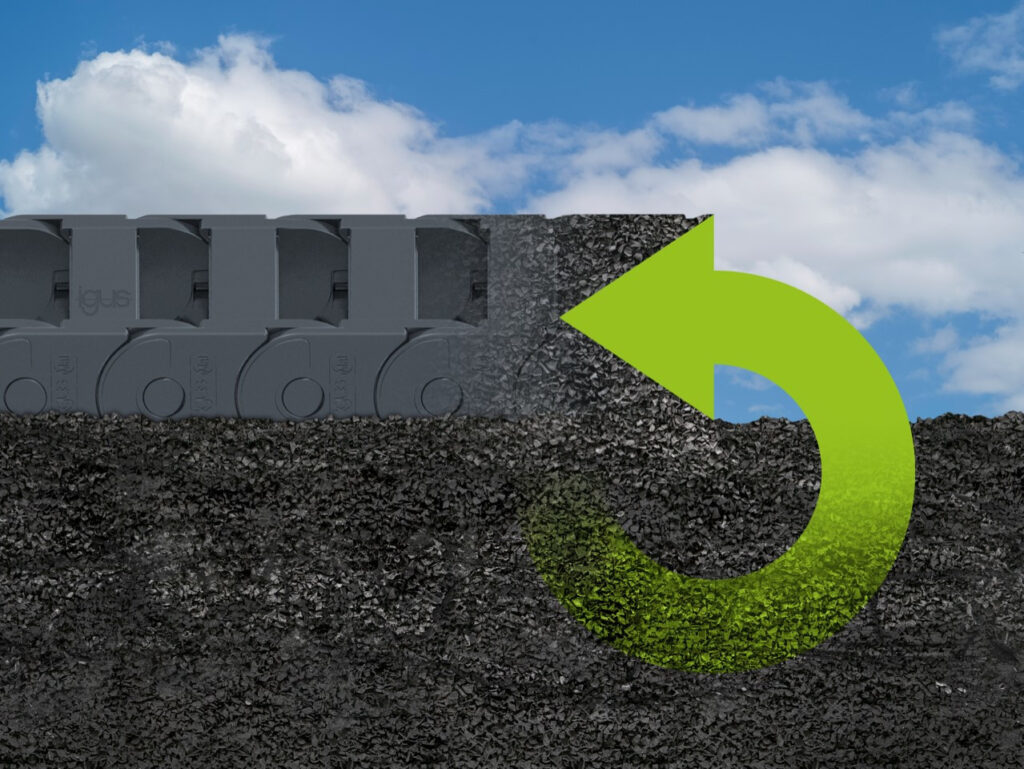Tips for lower TCO and better environmental balance
Marco Thull | 27. January 2023

We all know hidden cost traps, don’t we? An example: a used car with 80,000km beckons. For only 3,000 euros. A bargain at first glance. But after a few months there is disillusionment. Constant visits to the workshop. The car slurps oil without end. And more fuel than expected. A problem that many #engineers and #machine operators are also familiar with. You regularly face the challenge of determining the actual costs of machines and systems. And every purchased component changes these costs.

Just looking at the purchase price is not enough for a TCO analysis. Because that’s just the tip of the iceberg. Below that is the body, the Total Cost of Ownership (#TCO). They also include costs incurred for operation, maintenance and disposal. Stations in the life cycle where more and more people are demanding transparency. Because the TCO not only affect the wallet, but also the environmental balance.
For this reason, many engineers and plant operators are all the more keen to obtain information on the types of costs for every purchased component, no matter how small. Painstaking work that igus simplifies. With online tools. An example: a designer wants to buy a plain bearing for a packaging machine. He enters the parameters of his application in the tool, such as the average surface pressure and the ambient temperature. One click later, the digital helper predicts how long the bearing will hold out. The ideal database for comparing components in terms of TCO and environmental balance.
Incidentally, design errors can also be avoided with the intelligent tools. The helpers analyse online 3D models of components and give tips for improvement. An important help if we keep in mind the so-called #Rule of 10 in context of error costs. It states that the cost of an undetected error increases by a factor of ten from stage to stage in the value chain.

But it’s not just about a long service life. In order to keep the TCO low, igus has come up with a few clever ideas for its products. Our high-performance plastics have integrated solid lubricants. They enable low-friction dry operation – without a single drop of lubricating oil. Not only important for the environmental balance. According to the Society for Tribology (GfT), 22 million tons of CO2 could be saved in Germany every year through efficient lubrication. The absence of lubricants is also important for the operating costs. It is obvious: where there are no lubricants, there is no need for maintenance work. Users therefore save on personnel costs. And in addition, costs for materials.
And it goes further in terms of TCO reduction. It is now even possible to equip plain bearings and energy chains with so-called #smart plastics. With sensors that immediately notice when the wear limit has been reached or when a mechanical defect is imminent. The advantage for users: technicians can intervene immediately and prevent downtimes of machines and systems. Proactive operations that in many cases drastically reduce the TCO.

And the disposal of products at the end of their lifetime? Here too, igus has come up with something to help users – of energy chains, for example – save costs and improve their environmental balance: the online platform chainge. It enables #barrier-free recycling. Owners of old plastic parts can submit a recycling request there, process returns and manage credits for the purchase of new igus products.
Let’s make it clear: service life, maintenance intensity, recyclability and Industry 4.0-compatibility are important factors that determine the TCO and environmental balance. But they are by no means the only ones. Relatively new: #delivery times and material availability. Reliable supply chains used to be a matter of course, but since the Corona pandemic they have become a risk and often a cost generator. According to a study by the Institute for Macroeconomics and Business Cycle Research (IMK), German industry was unable to produce goods worth 64 billion euros from the beginning of 2021 to mid-2022 due to supply bottlenecks. “Our numbers underpin the need to give greater weight to the resilience of supply chains at the expense of cost efficiency in the future,” the researchers write in their study. In order to avoid material bottlenecks, igus directly increased its global inventories in more than 30 subsidiaries by 100 million euros in the crisis year 2020 – doubling compared to 2019.
And what is your experience with TCO calculations? What are your wishes for the future? We look forward to your comments!

